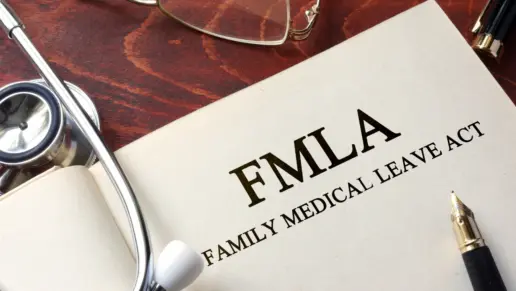A typical day in rehab will vary based on which addiction treatment center or program you’re in and the level of care you need. However, most inpatient programs are very structured and will usually begin around 7 or 8 a.m. and end around 7 or 8 p.m.
You can expect a full slate of programs and activities every day. An example schedule might include the following: morning journaling, breakfast and taking any necessary medications, exercise, individual and/or group therapy, free time, lunch, vocational training, relapse prevention, group therapy session, dinner, free time, and bedtime.
Understanding the Daily Schedule of an Alcohol or Drug Rehab
Medication
Similar to using medication-assisted treatment (MAT) as part of the detox process, you may use MAT during your rehab program if you’re still struggling with opioid addiction. If so, you’ll take your medications with food either during breakfast time, lunch, and/or dinner time.
Individual and group therapy
After starting your day, most treatment centers and drug rehab programs will provide you with some form of individual and group therapy. One-on-one sessions offer you a safe, supportive environment to open up and talk about your addiction. Group therapy provides an opportunity for you and others enrolled in the program to connect and share your experiences with substance abuse.
Physical fitness
Most rehab centers will make sure to schedule time for exercise, physical fitness, and nutrition. Some low-intensity exercises you might take part in include swimming, bodyweight training, walking, and yoga. Jogging, running, and even dancing are examples of high-intensity exercises.
Holistic therapy
Some programs utilize a holistic approach to healing drug and alcohol addiction by balancing the physical, emotional, and spiritual. Some holistic methods might include acupuncture, massage, Tai chi, Reiki, meditation, yoga, and more.
Specialized sessions
Many drug and alcohol rehabs offer specialized sessions if you need them. Some forms of specialized therapy might include anger management, parenting classes, trauma-based therapy, stress management, and grief counseling.
Alternative therapies
Depending on which rehab center you choose, you could have access to a range of alternative therapy approaches. Art and music therapy are forms of creative expression. Equine or pet therapy will allow you to interact with animals. Recreational therapy will get you involved in games and other outdoor activities. Nature therapy can involve camping and spending time in the wilderness.
Free time
Most programs will allow you to have a couple of hours of free time each day to use however you see fit. Depending on which facility you’re at, you may be able to enjoy activities such as swimming, billiards, ping pong, basketball, yoga, movie nights, and more. This time can also be used for reading, journaling, prayer, and meditation.
Visiting With Loved Ones During Rehab
It’s important to feel loved and supported by your family and friends while in rehab. Many alcohol and drug rehabs will allow your family members and loved ones to visit during certain hours, such as family weekends. It will depend on whether or not your team feels that person is a positive influence on you or not.
That being said, you might be restricted from having visitors right away when you start your program so you can focus completely on recovering. After an initial period, visitors are typically allowed. Some treatment centers even have family programs or family therapy sessions to help you and your loved ones to grow together and better understand each other.
If family time is something you want in a treatment center, you’ll need to do your research and figure out which ones offer visitation hours.
Communicating With Your Loved Ones From Rehab
Each treatment center will have its own policy regarding communication between you and your family and friends. Although you may wish to have constant contact with one another, it’s not often advised, as proper healing will take place with as few distractions as possible.
At the very beginning of your treatment, it’s important to remain focused and committed solely on your recovery. Limiting the conversations you might have with the outside world will help you get used to your new surroundings and not feel so homesick to the point where you want to leave treatment.
With that said, many facilities will allow communication after a certain amount of time has passed. You may be permitted to write letters, make phone calls, and have family come to visit. It’s best to check with each rehab you are considering about their communication policy.
Inpatient Addiction Centers Nearby
Finding facilities near you…





